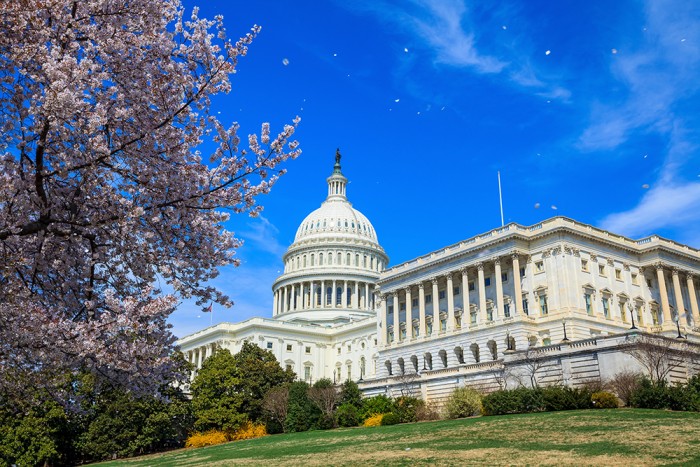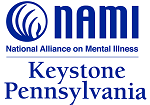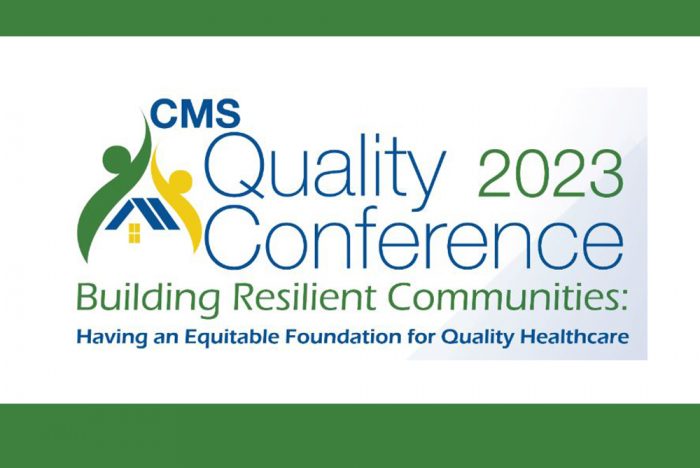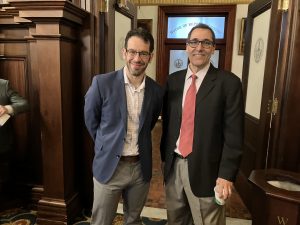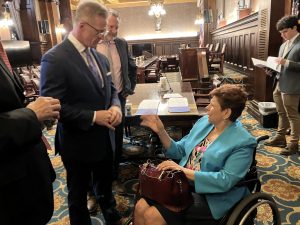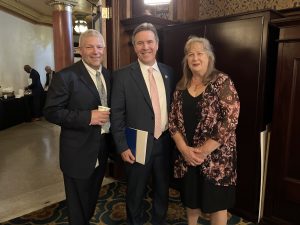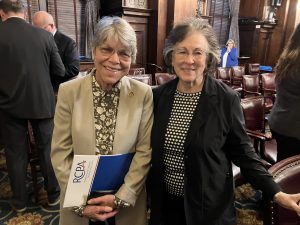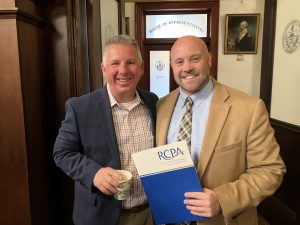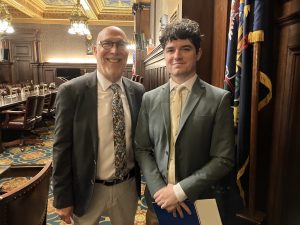As the Federal Public Health Emergency (PHE) ends on May 11, there are several areas under this declaration, including the suspension of HIPAA enforcement, that will revert to the previous compliance standards.
As the PHE ends, the Office of Civil Rights (OCR) is providing a 90-calendar day transition period for covered health care providers to come into compliance with the HIPAA Rules with respect to their provision of telehealth. This transition period will be in effect beginning on May 12, 2023, and will expire at 11:59 pm on August 9, 2023. The Department of Health and Human Services has released this notice.
The RCPA Telehealth Work Group will be meeting June 27, 2023 and is looking to have OMHSAS on the call to provide guidance on processes and auditing functions after the transition dates. If you have any questions, please contact RCPA Policy Director Jim Sharp. As this is a federal notice, questions related to this announcement should be directed to Marissa Gordon-Nguyen at 202-619–0403 or 800-537–7697 (TDD).











